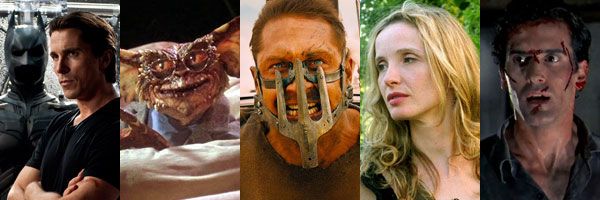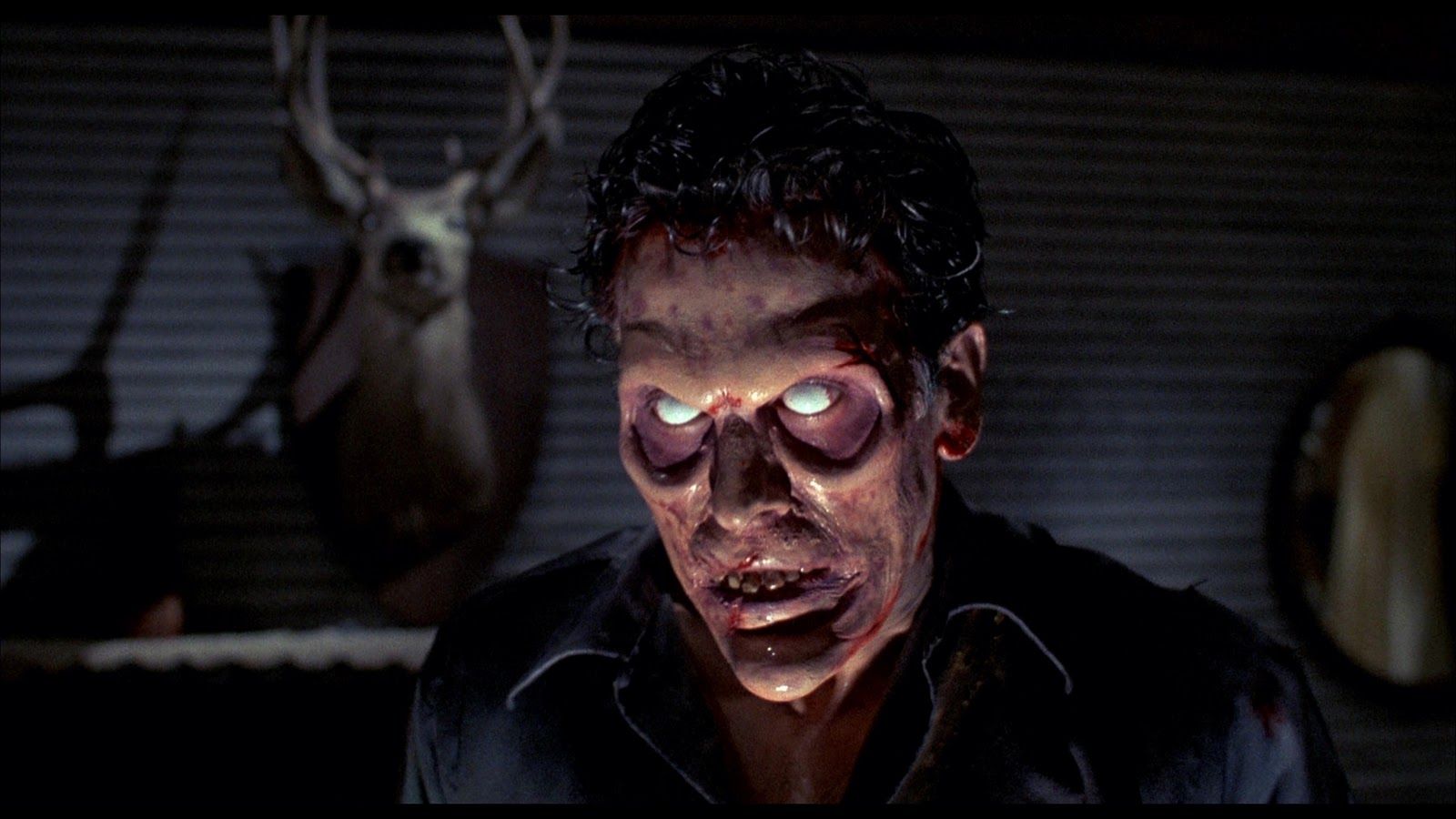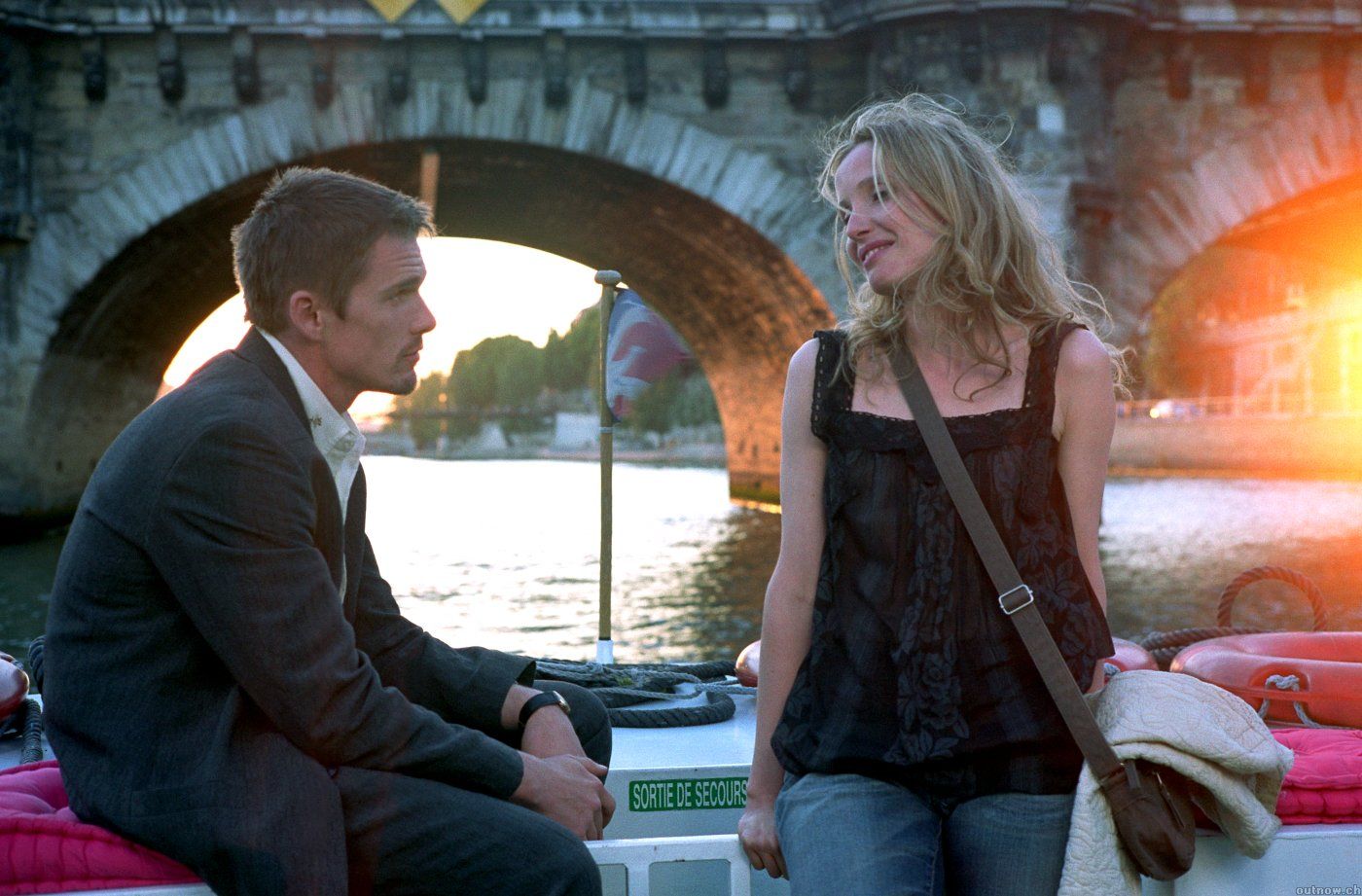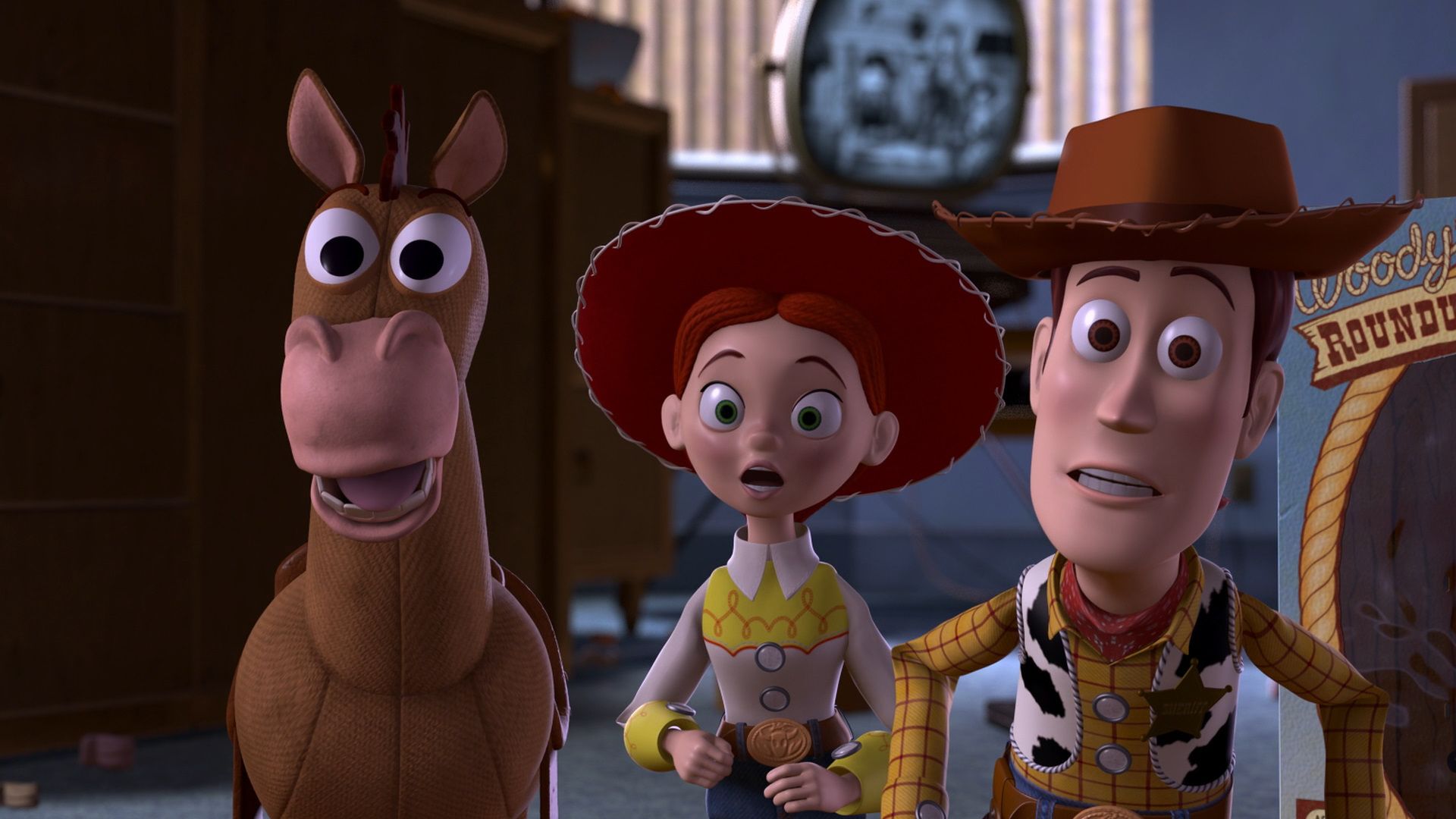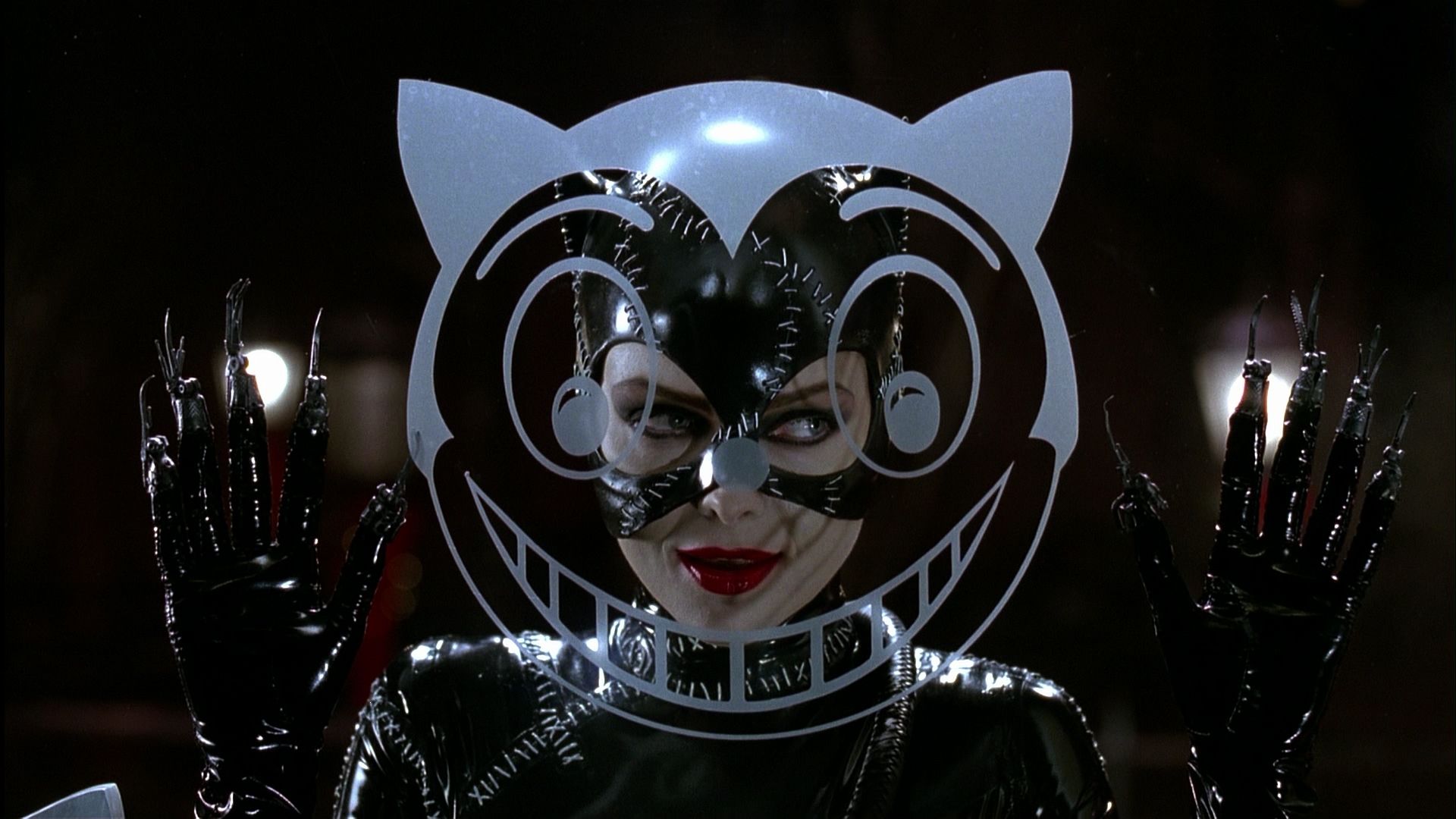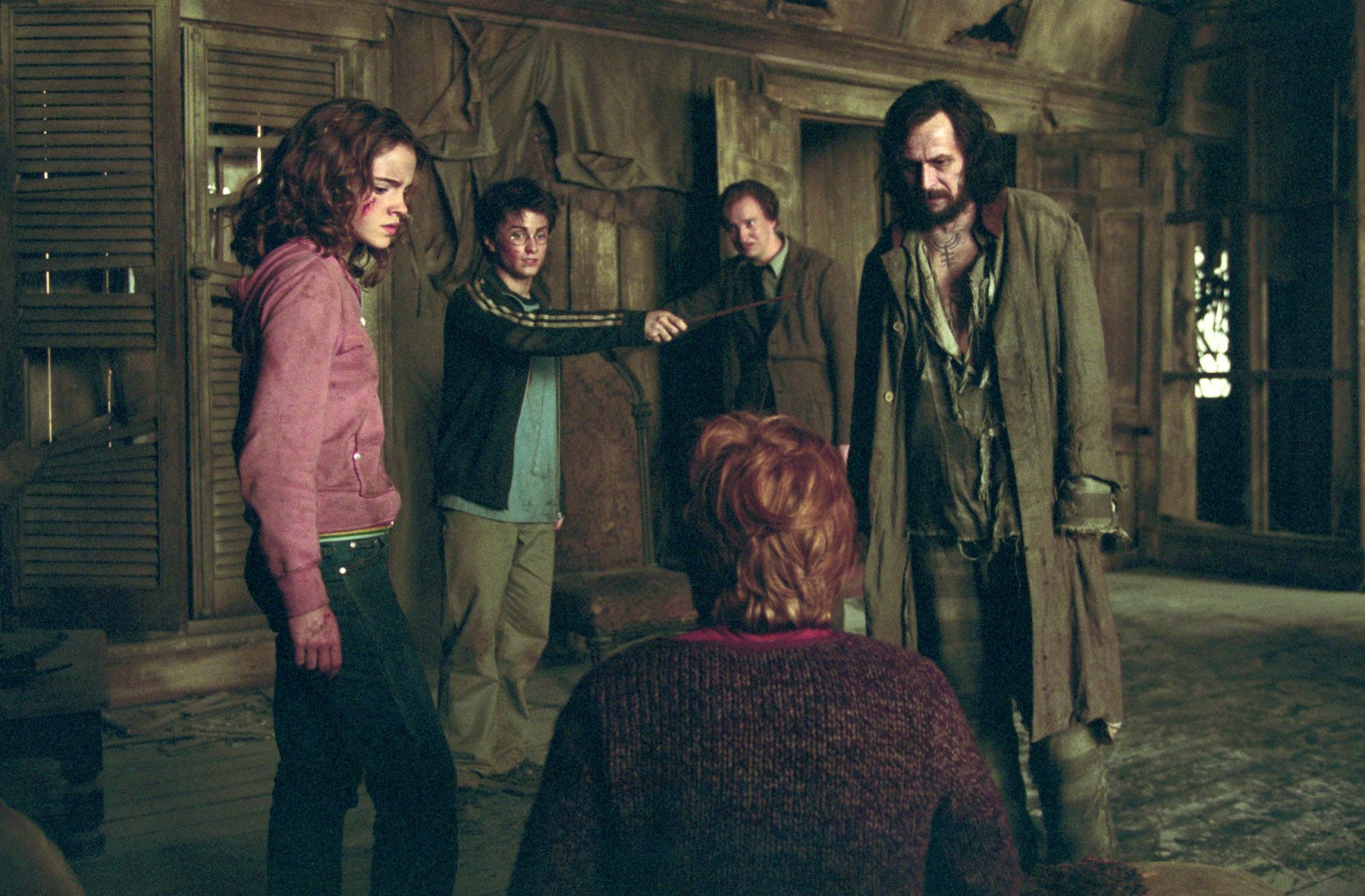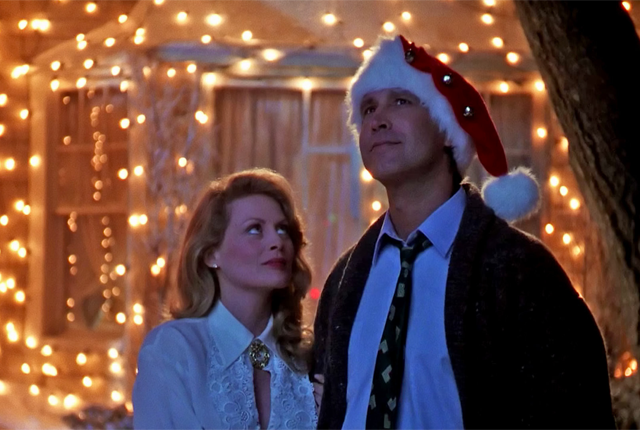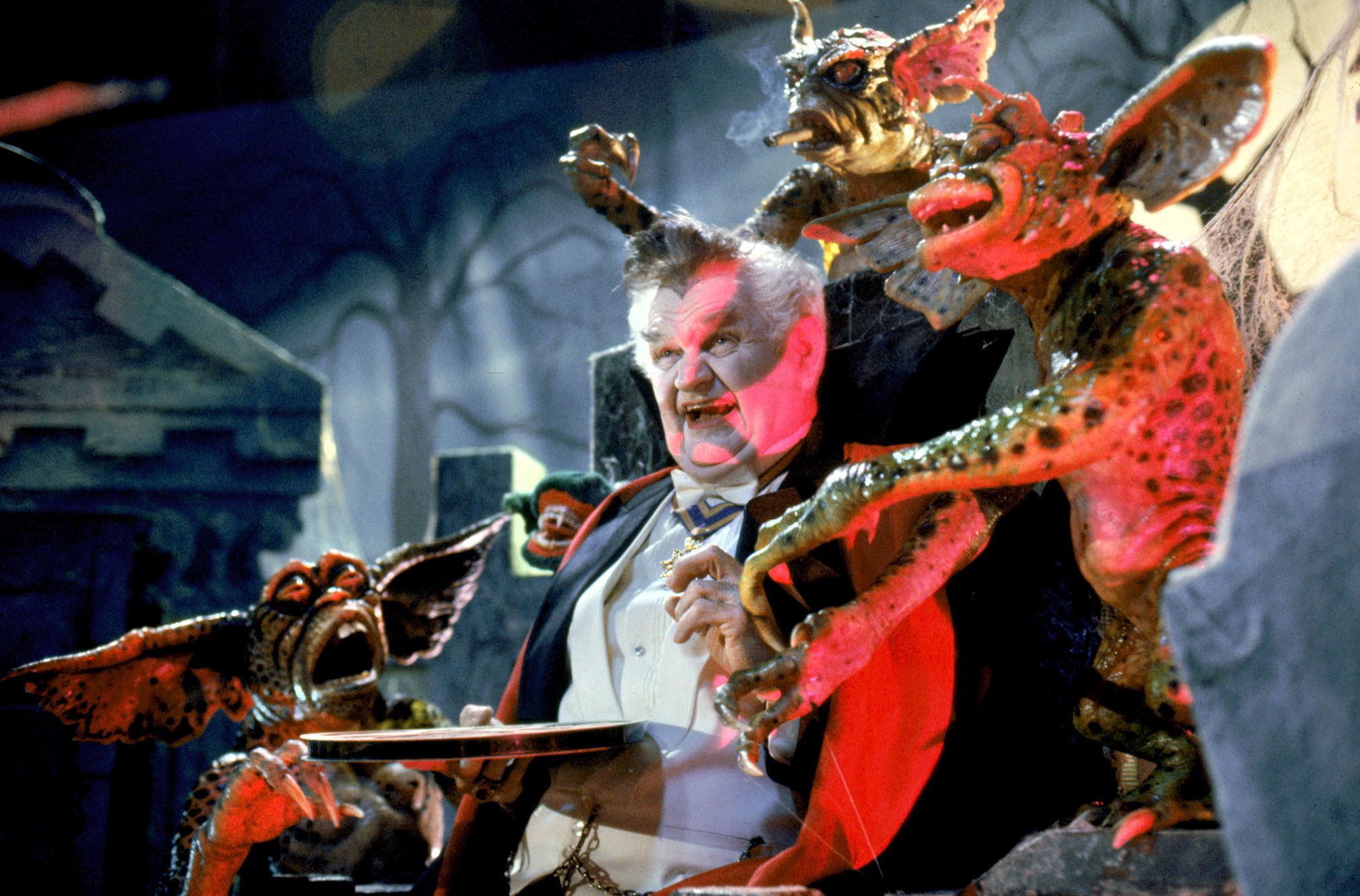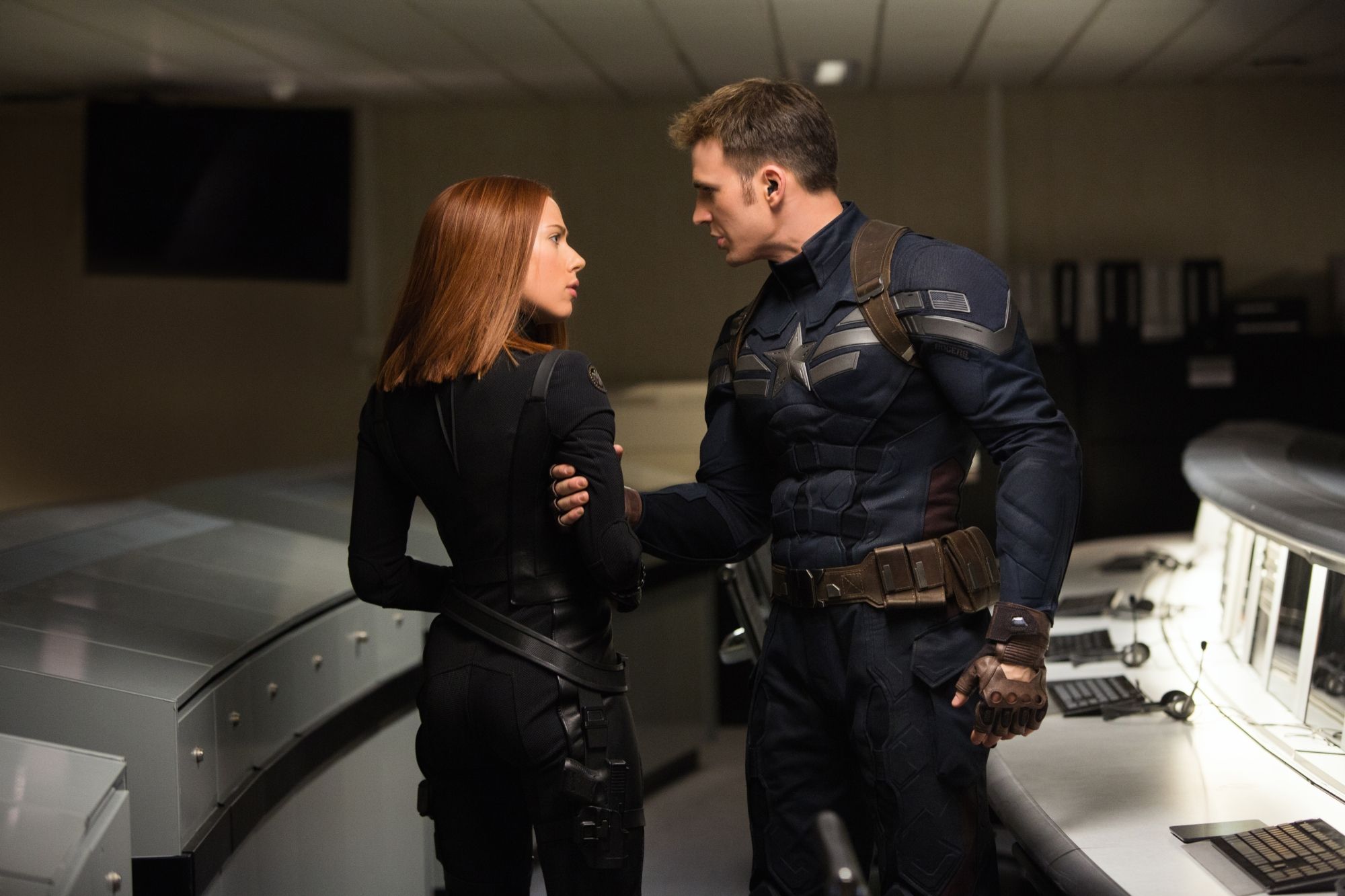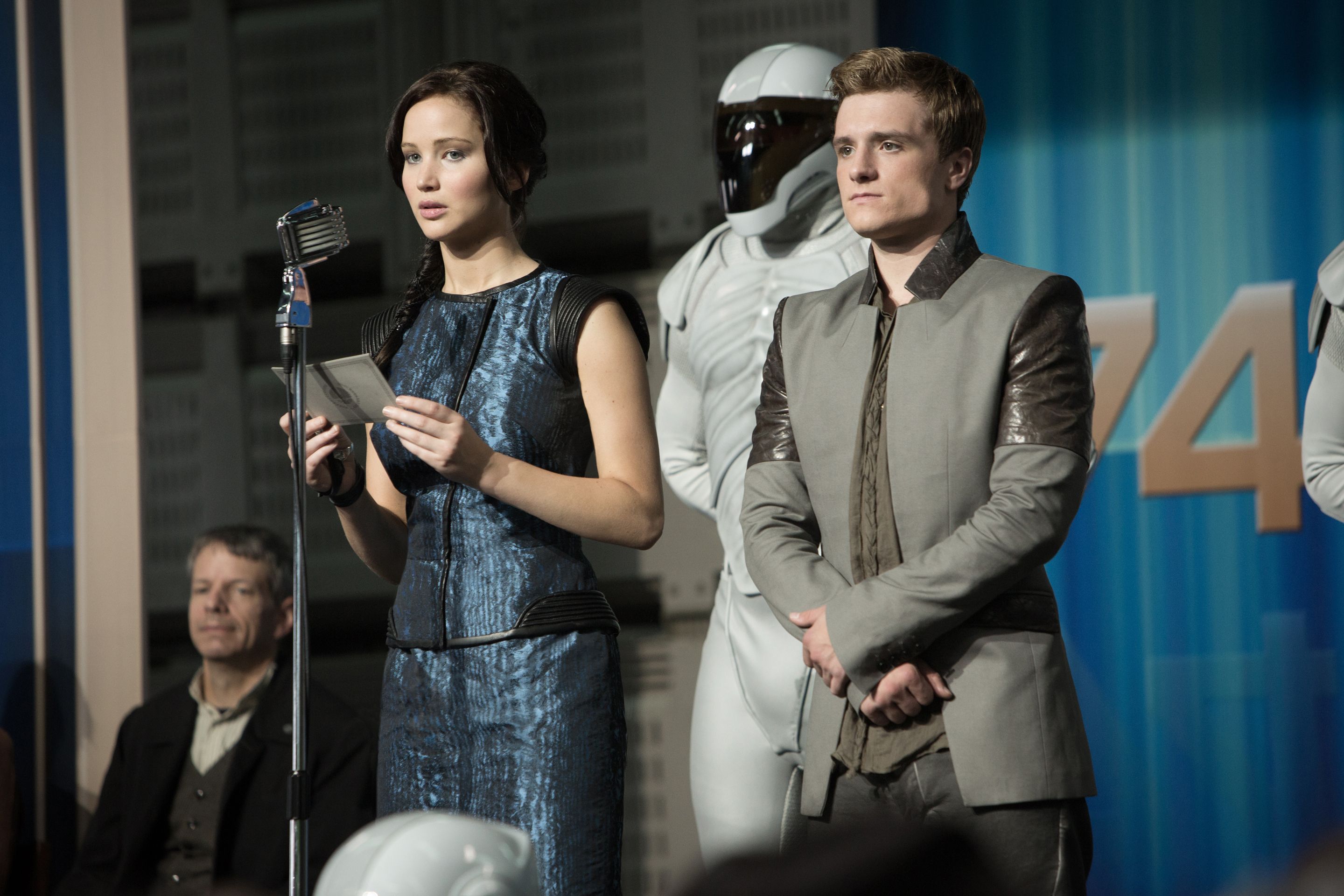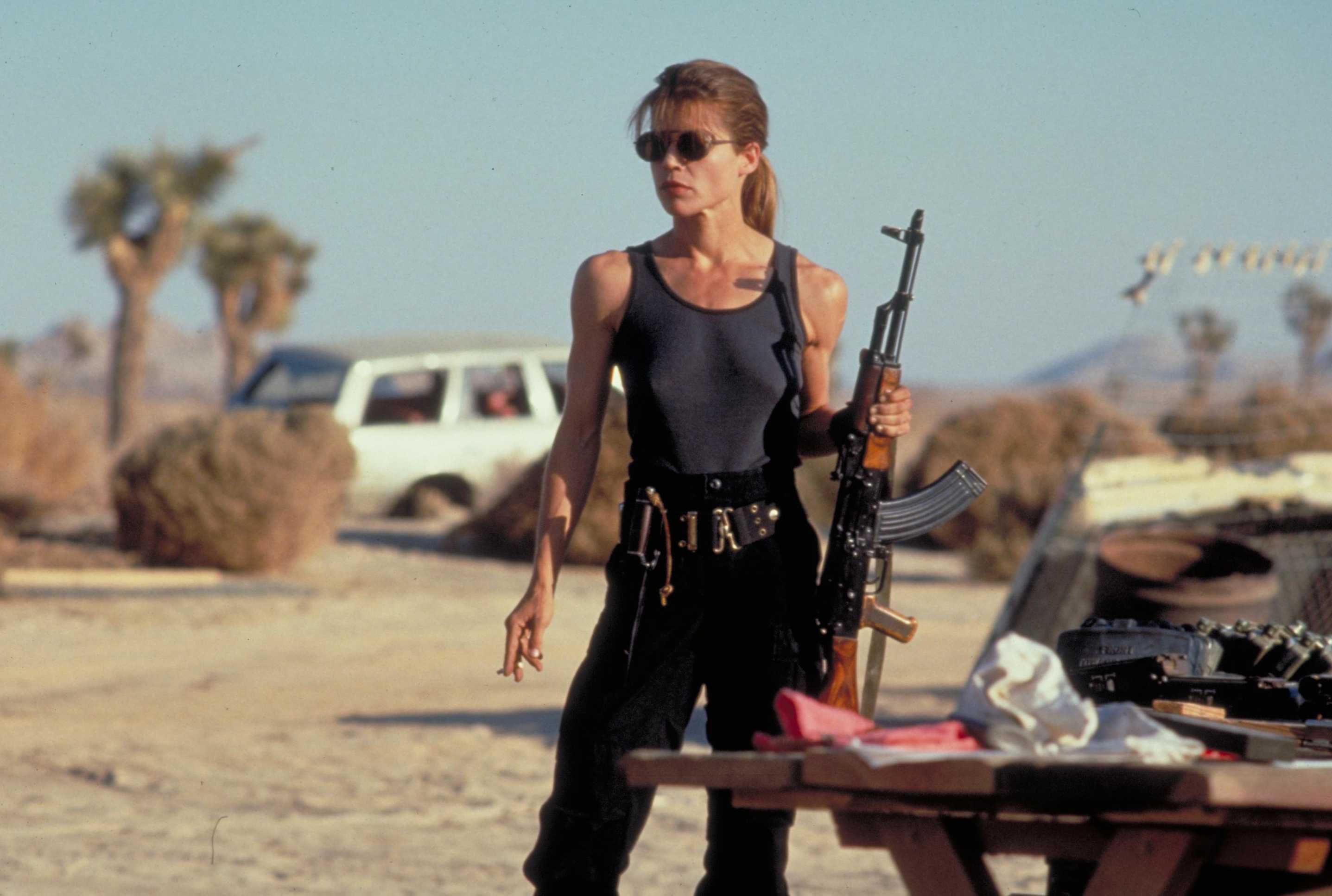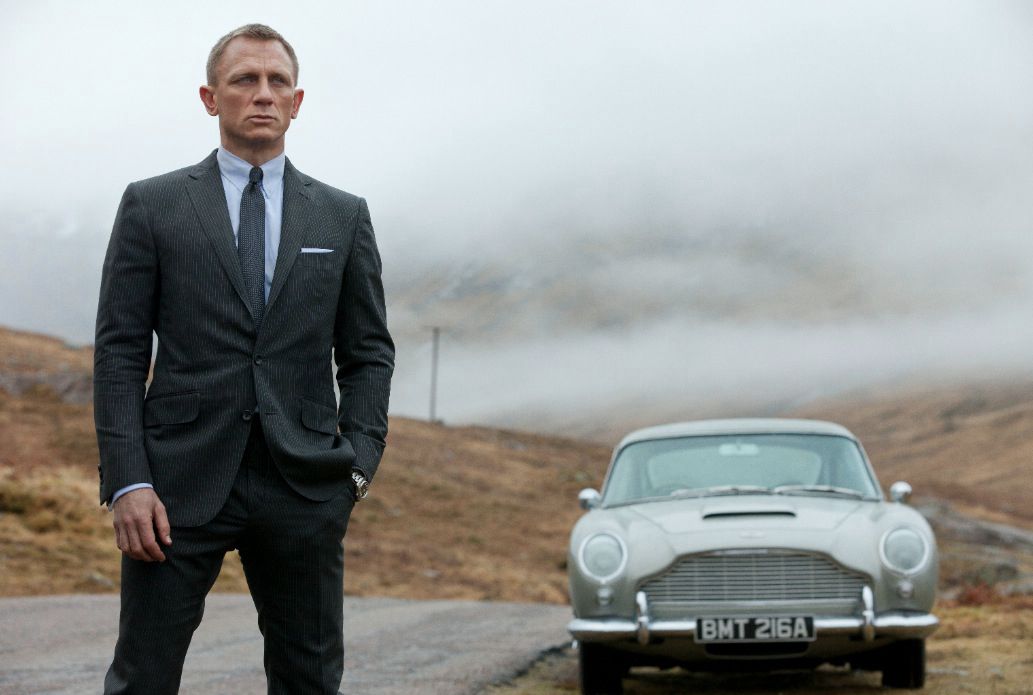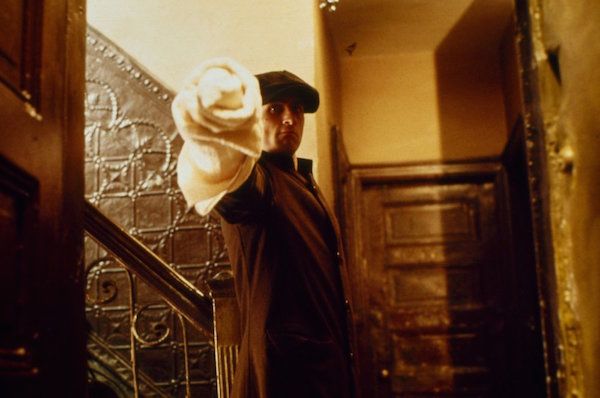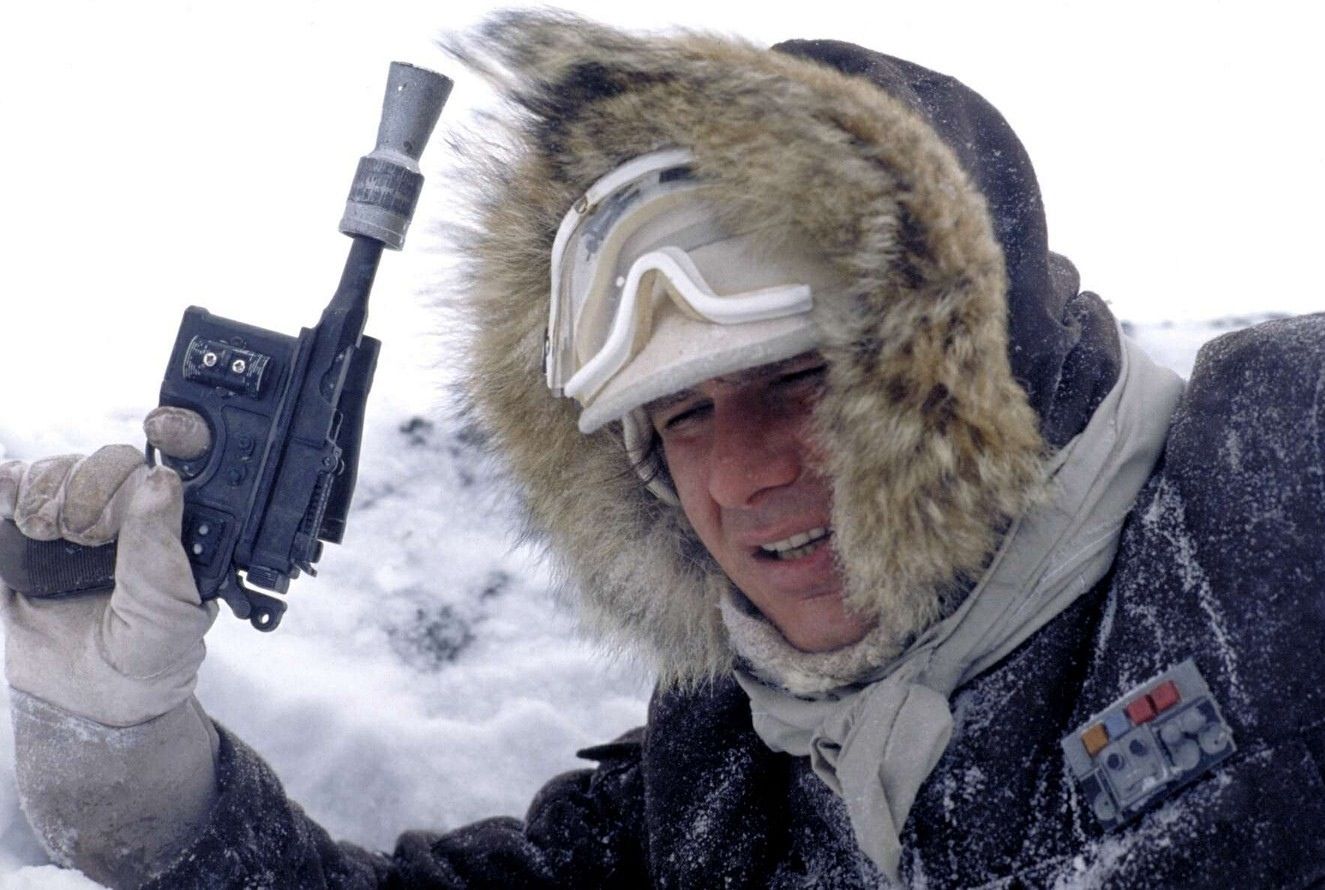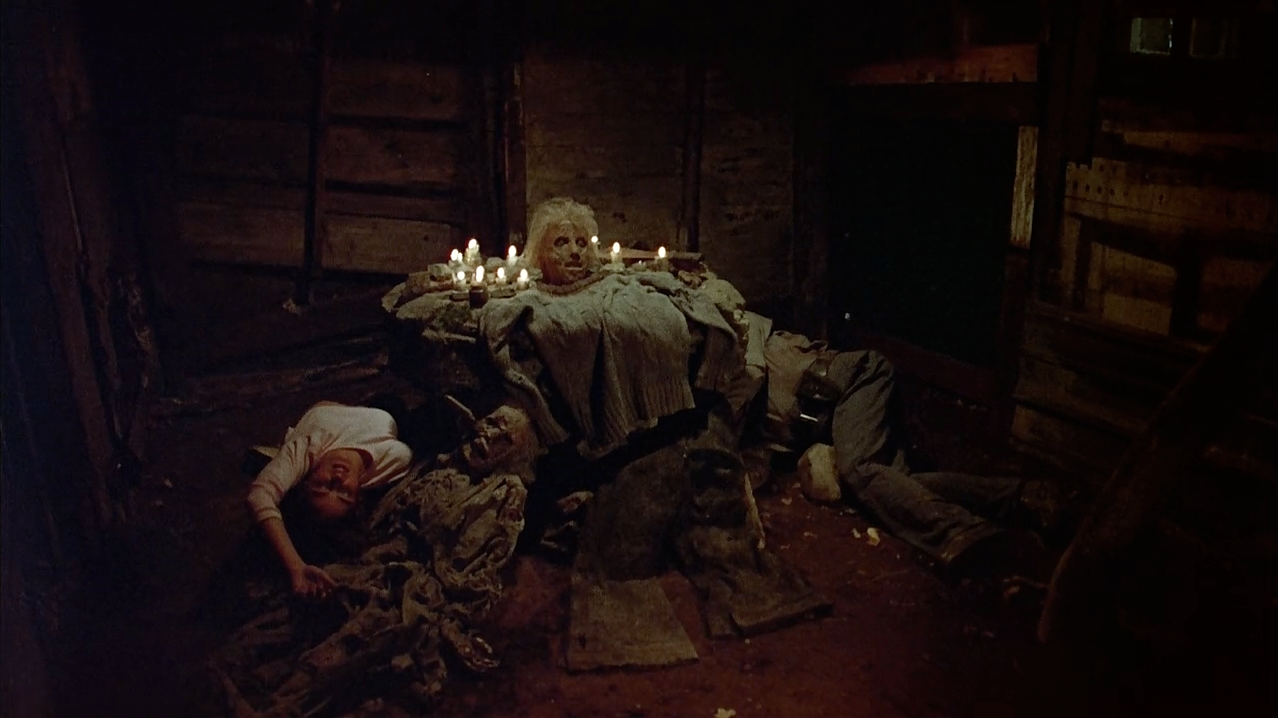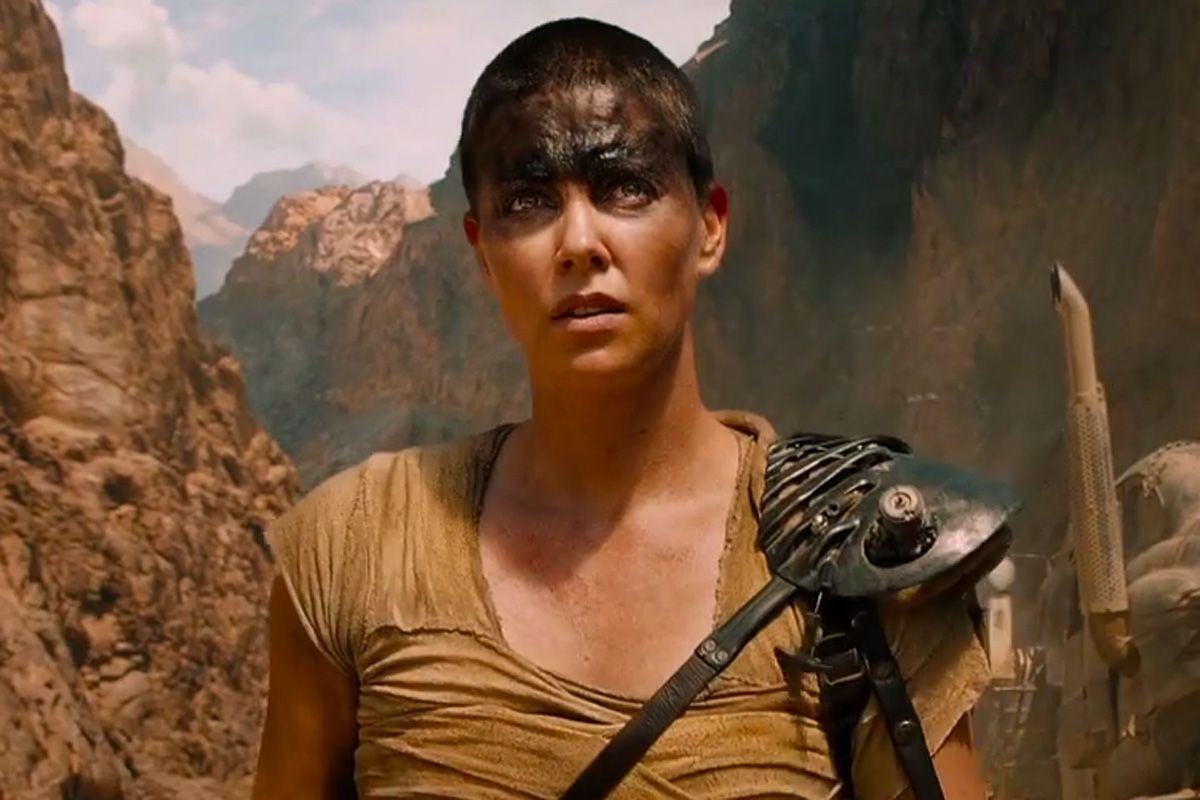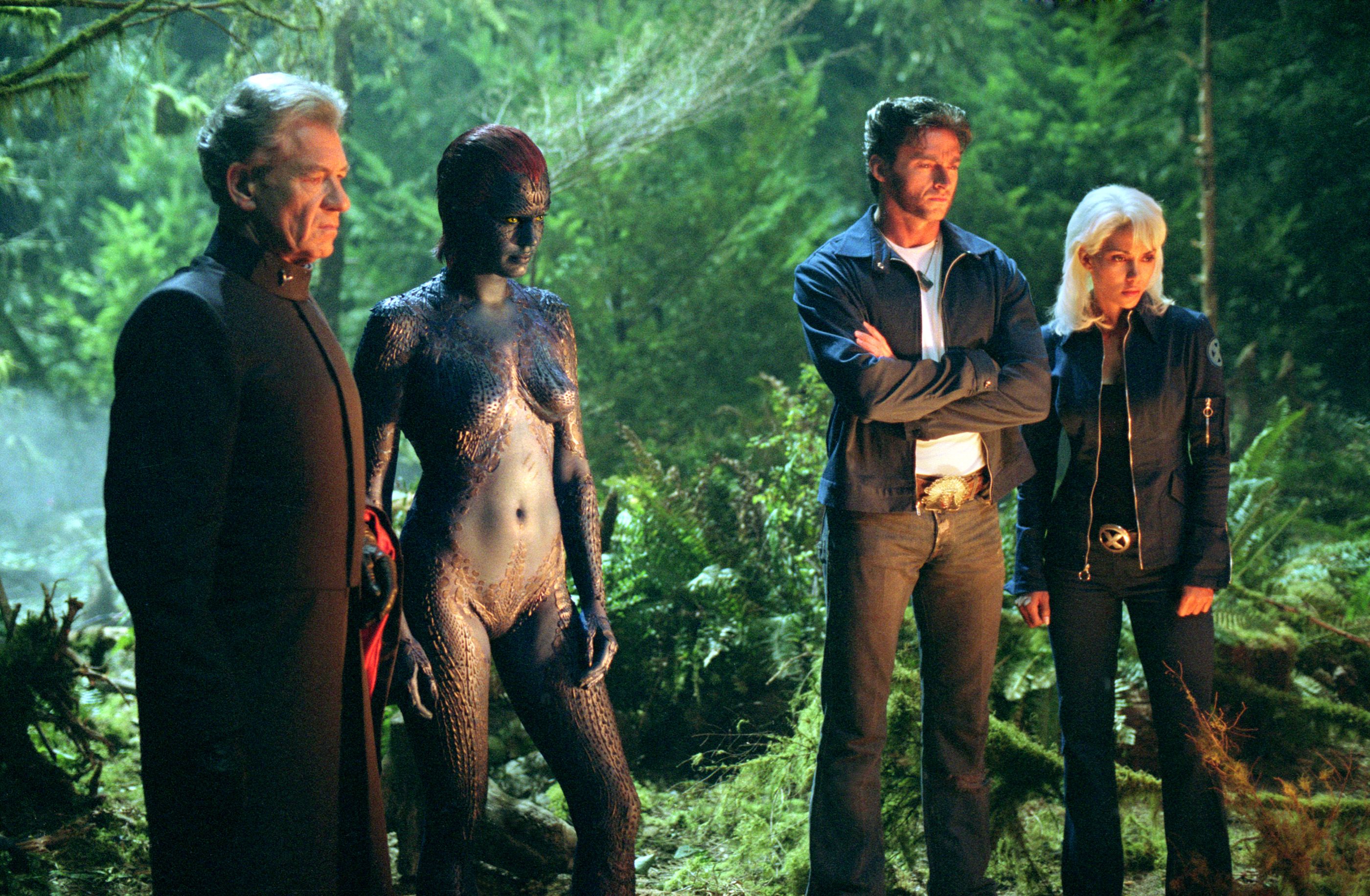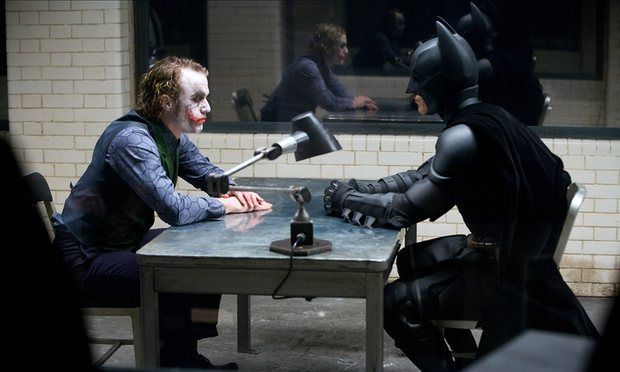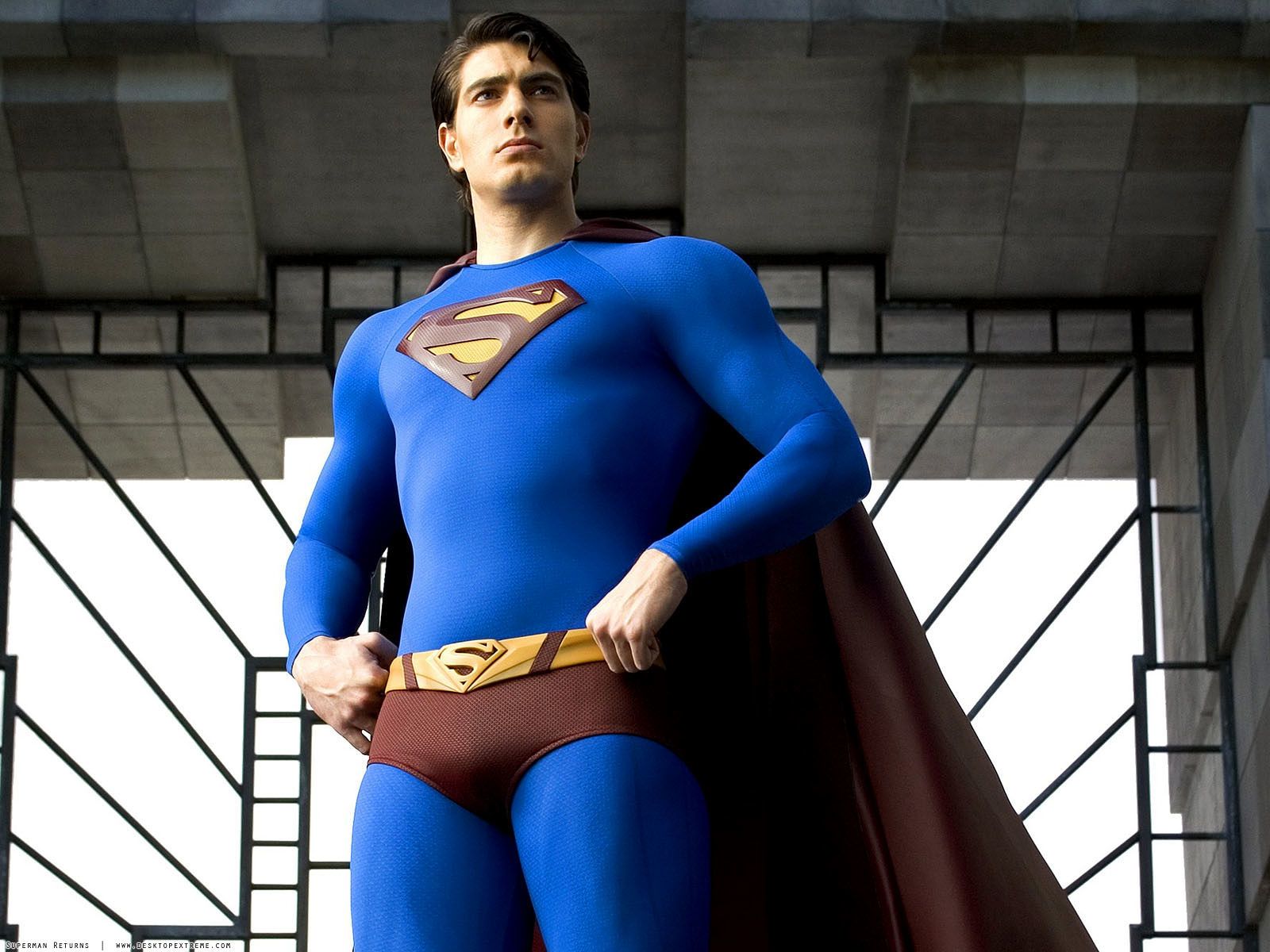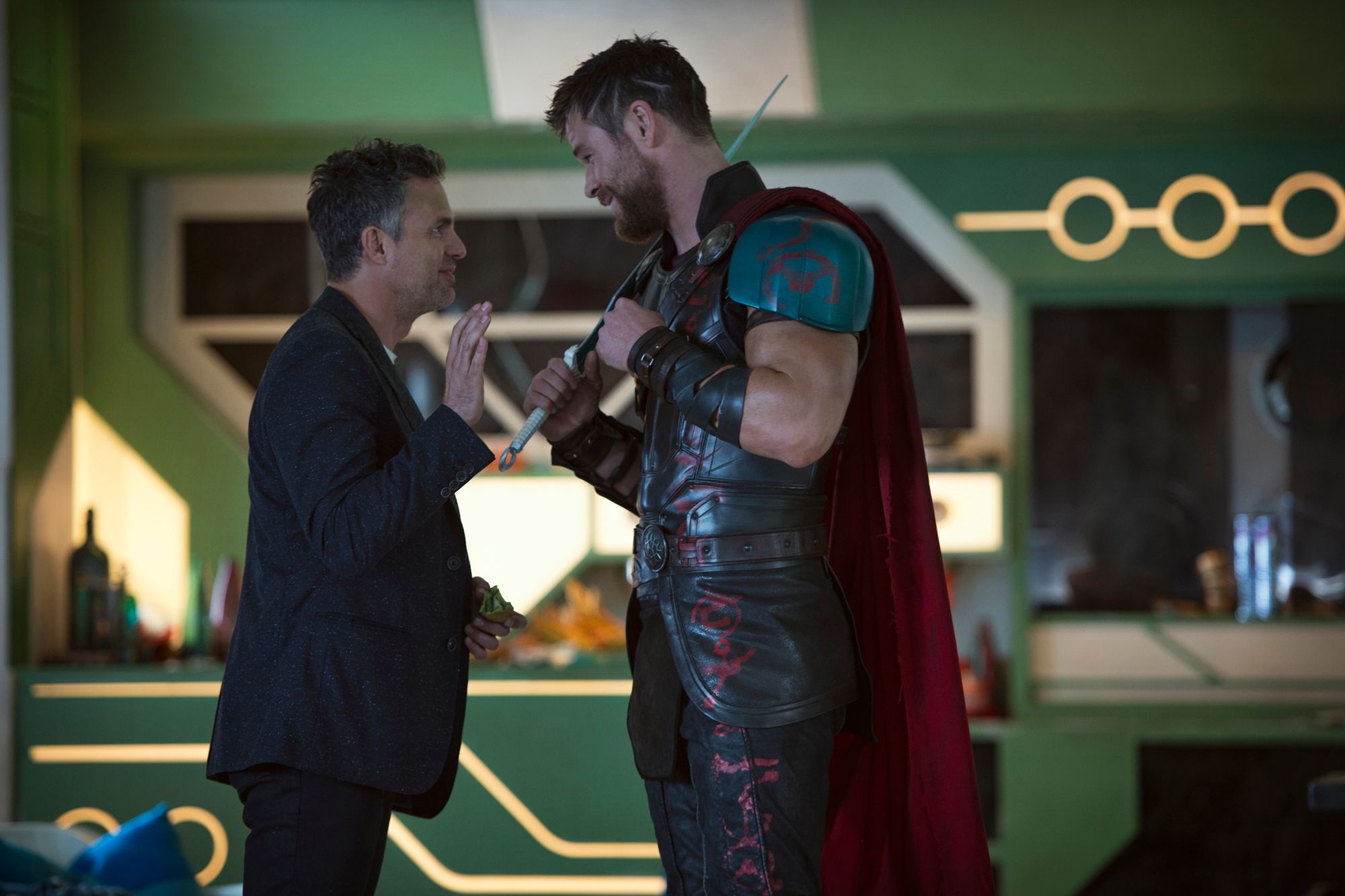Every successful movie these days seems to get a sequel. It’s hard to capture lightning in a bottle twice, so some sequels lean so heavily on the concept of the first film that it feels like a lazy rehash (see: The Hangover Part II), while others reinvent the wheel a little too strongly, resulting in a sequel that loses its connection to what made the first movie so popular (see: The Matrix Revolutions). That’s what makes crafting a sequel so difficult, and only in very rare cases are sequels actually better than their predecessors.
So with sequels continuing to be Hollywood’s go-to when an original film or concept is a smashing success, we thought we’d look back at the select few follow-ups that actually improved upon their predecessors.
Evil Dead II
All three of Sam Raimi's entries into the Evil Dead franchise are classics. Evil Dead is a straight up horror. Army of Darkness is slapstick comedy gold with horror leanings. But Evil Dead II is where Raimi struck his pitch-perfect balance between the two leanings and established his singular directorial voice. Evil Dead II is a lunatic demon possession tale that's constantly bursting at the seams of its structural straightjacket with moments of unhinged violence and comedy, alternating at rapid fire, keeping the audience off balance with a tonal tilt-a-whirl.
But if there's chaos on screen, Raimi always feels in command behind the camera, maneuvering through the madness without a wrong step, and his skill is matched by Bruce Campbell, an actor with an uncommon set of performance tools at his disposal who can bounce between the role of leading man and comedic relief so casually and confidently, you almost forget how few actors can pull that dance off. Dollars for donuts, Evil Dead might be the most successful horror franchise of all time. Each film is a triumph -- hell, even the remake and TV series are solid -- but Evil Dead II is a concentrated dose of everything that makes the franchise special. — Haleigh Foutch
Before Sunset
One of the best and most unlikely trilogies in cinema history is Richard Linklater’s Before series. It was never intended that way—1995’s Before Sunrise was simply crafted as an intimate, dialogue driven story of first love starring Ethan Hawke and Julie Delpy. But the trio reunited for 2004’s Before Sunset, catching up with the characters once more and then finally returning again in 2013’s terrific Before Midnight. All are phenomenal, but Before Sunset sticks out due to its real-time narrative, as Linklater follows Jesse and Celine’s 80-minute reunion before Jesse has to catch his plane. The “ticking clock” device adds a layer of tension throughout, as you the viewer just want these two to seal the deal. If Sunrise is a “falling in love” story and Midnight is a “staying in love” story, Sunset is a “being in love” story, and there’s something sweet about the affection and romance here that makes Sunset special. It’s honest and raw, but also warm and touching. – Adam Chitwood
Toy Story 2
Toy Story was a groundbreaking film in the field of animation, and it was just an all-around great movie to boot. It made Pixar a company to watch, so it’s not like Toy Story 2 had a low bar to clear. And yet it surpasses the original in every way. It’s better animated, it expands the world, builds upon the characters, and hits some serious emotional gut-punches. It’s one of the best films the studio has ever done, which is saying something when you look at all of the classics they’ve made over the years. And yet Toy Story 2 holds up beautifully, and I’m not sure if anything in the franchise will ever top it. – Matt Goldberg
Batman Returns
Maybe it’s sacrilege to say Batman Returns is better than Tim Burton’s admittedly groundbreaking 1989 film Batman, but it’s a more assured, more cohesive, and more crazy film than its predecessor. While Batman found Burton flirting with the darker aspects of the Batman and Bruce Wayne persona, Batman Returns is flat-out insanity. Burton’s aesthetic here is much more confident, crafting a wonderfully art deco-influenced version of Gotham from top to bottom. And the villains are perhaps some of the best in superhero movie history. Michelle Pfeiffer brings dimensionality to Catwoman as Burton paints the character as a sort of mirror for Bruce/Batman, showing someone else who dresses up and kicks ass, but takes things much further into the violence and revenge aspects. Danny DeVito is downright terrifying as Penguin, but it’s Christopher Walken’s Max Shreck who is secretly the most dastardly of the bunch, as Burton also weaves some serious political satire into the fabric of the film.
This is an ambitious movie in every regard, and while the level of weirdness and darkness scared off Warner Bros. and took viewers aback, in hindsight it’s still one of the most stylish and memorable superhero movies ever made. – Adam Chitwood
Harry Potter and the Prisoner of Azkaban
Yes, we’re including sequels to sequels in this list too. While director Chris Columbus’ Harry Potter and the Sorcerer’s Stone and Chamber of Secrets did a nice job of laying the foundation for the franchise to come, it was Alfonso Cuaron’s Harry Potter and the Prisoner of Azkaban that really set to the tone for how these increasingly dense books could be adapted successfully to the big screen. While Columbus’ films offer slavish devotion to the source material, Cuaron makes J.K. Rowling’s book his own with artistic flair to spare. The decision to focus the stories on Harry would prove key to handling the unwieldy length of future books, and Cuaron’s aesthetic ambition truly makes you believe in magic. – Adam Chitwood
Christmas Vacation
There is no debate: Christmas Vacation is the best Vacation movie. The original is a swell road trip comedy, and it certainly holds up to this day, but Christmas Vacation is a bona fide holiday classic that really zeroes in on the joys/horrors of being with your family at Christmas. The ensemble here works extremely well, and it’s a testament to the performances that even when the story veers into absurdist territory, it kinda makes sense. We are all Clark Griswold. – Adam Chitwood
Gremlins 2: The New Batch
Another sequel that’s better than its predecessor for pure insanity reasons is Gremlins 2: The New Batch. Filmmaker Joe Dante has admitted that this Key & Peele sketch isn’t far off from how they brainstormed this follow-up, but the movie has more to offer than a slew of crazy unique gremlins. If the first film was an Amblin horror movie, Gremlins 2 is a straight up satire taking aim at corporatism. In a stroke of genius, all the action takes place at a cutting edge Manhattan business building, offering a wide array of locations and settings for gremlin mayhem. Dante takes aim at any and everything, always keeping things entertaining along the way, and while the sequel lacks the terror of the first film, it more than makes up for it in dark comedy. – Adam Chitwood
Captain America: The Winter Soldier
In 2011, Joe Johnston had the opportunity to direct what could be considered a spiritual successor to The Rocketeer with Captain America: The First Avenger. This World War II-era period picture introduced Chris Evans as both the scrawny, undersized Steve Rodgers as well as the pumped-up, nigh indestructible Captain America. As a war-time superhero story, it worked. But it was the Russo Brothers’ follow-up, Captain America: The Winter Soldier that brought the conflicted Cap into contemporary times and masterfully worked in a plot wrinkle inspired by classic 1970s political thrillers.
The Winter Soldier excels on a number of levels: It ties into both the MCU and Marvel’s Agents of S.H.I.E.L.D. through the reintroduction of Bucky Barnes and Hydra’s infiltration respectively; the visceral, kinetic action sequences are some of the best the MCU has to offer; and the political intrigue and espionage present throughout the film help it to stand apart from similar superhero fare. (Plus, it’s got Robert Redford. I mean, c’mon.) On a character level, this is the most conflicted Captain America has ever been, both personally and professionally, as he attempts to bring Bucky back from the brink while dealing with the fallout from Hydra’s treachery. The Winter Soldier is heads above The First Avenger and a solid stepping stone on the path to Rodgers’ ultimate conflict in Captain America: Civil War. – Dave Trumbore
The Hunger Games: Catching Fire
Ahead of its release, The Hunger Games was looked upon skeptically by folks who thought it was simply another attempt to cash in on the female-driven Twilight love. Director Gary Ross’ adaptation was anything but, offering a harrowing, grounded, seriously affecting dystopian sci-fi drama. And while the first film is solid, director Francis Lawrence doubled down with the sequel The Hunger Games: Catching Fire to make one of the most supremely entertaining pieces of blockbuster cinema of the last decade. Anchored by a tremendous lead performance from Jennifer Lawrence, with scene-stealing work from Stanley Tucci, Jena Malone, and Sam Claflin, this film moves but also has something to say. It’s the rare blockbuster that’s thrilling, smart, and thought-provoking all at once. – Adam Chitwood
Terminator 2: Judgment Day
One of the greatest sequels ever made, Terminator 2: Judgment Day is further proof that James Cameron is kind of unbeatable. No matter how silly or wrongheaded his ideas may seem, we’ve learned never to bet against Cameron because he always delivers. Terminator 2 turns Cameron’s contained sci-fi thriller The Terminator on its head, not only making Arnold Schwarzenegger’s bad guy the hero this time around, but exploding the scope and mythology of the story in compelling ways. But it’s the characters of Terminator 2 that endure, as the film is really the story of a boy in search of a father, with Schwarzenegger serving that surrogate role to a tragic end. It’s moving, thrilling, and ambitious, and while The Terminator is a very good film, T2 is a great one. – Adam Chitwood
Skyfall
I’m willing to entertain arguments that Skyfall isn’t the best Bond movie, but if we’re going by “Sequels that Are Better Than the Original”, there’s no question that Skyfall is better than Dr. No. Dr. No is a rough start for the Bond franchise, which didn’t really start coming together until From Russia with Love and Goldfinger, but I would say that Skyfall still surpasses those movies because it’s a film that’s actively wrestling with decades of Bond’s history and trying to figure out where he figures in the modern world. It’s a Bond film that doesn’t hide from being Bond, nor does it entirely deconstruct with the Bond universe. It’s stylish and thoughtful while still admiring the best aspects of the character and his history. And what makes Skyfall special is that you could really only make it with James Bond; no other film character has that level of longevity or familiarity. – Matt Goldberg
The Godfather Part II
Matt Damon once recounted a story in which he asked director Martin Scorsese which was better, Godfather 1 or Godfather 2. Scorsese replied 2, and when asked why, he said, “Cause he had more money!” Indeed, while The Godfather is one of the greatest films of all time, so is its sequel, The Godfather Part II. And given the success of the first film, writer/director Francis Ford Coppola could expand the scope of his dynastic gangster drama to immensely rich results. The dual time periods is executed perfectly, giving us two incredible protagonists for the price of one. And the darkening arc of Al Pacino’s Michael Corleone is a sight to behold, especially as we watch Diane Keaton’s Kay further sidelined. It is, quite possibly, the best sequel ever made. – Adam Chitwood
Star Wars Episode V: The Empire Strikes Back
Regardless of the retro-mythologizing that’s occurred over the last few decades, when George Lucas sat down to make Star Wars: A New Hope he didn’t have the full arc of this saga laid out. In fact, early drafts of The Empire Strikes Back are wildly different from the finished version of the film, which was given a significant assist by screenwriter Lawrence Kasdan. But this is one of the cornerstones of modern cinema; a dark, tragic, ambitious sequel that doubles down on the characters of A New Hope and expands their horizons in interesting, surprising ways. This is also the most visually impressive film in the Lucas-controlled saga, as director Irvin Kershner brought a dynamic palette to the screen that served the darker story well. And it’s endured, not just as a great sci-fi movie, but as a template for sequels that raise the stakes and take the characters in different, sometimes more dangerous directions. – Adam Chitwood
Friday the 13th Part 2
When most people think of Friday the 13th, they're usually thinking of Friday the 13th Part 2. The specter of Jason Voorhees hung over the first film, it was Pamela Voorhees, his mother, who tormented the counselors of Camp Crystal Lake she deemed responsible for her son's death. Friday the 13th set up the psychology of Jason Vorhees, but it was Part 2 that saw it fully unleashed him and cemented the template that would come to define the series. Don't get me wrong, Friday the 13th is a classic, but Part 2 birthed a horror icon. — Haleigh Foutch
Mad Max: Fury Road
Here’s a fun fact: the original Mad Max is not a very good movie! It’s basically a prologue stretched out to feature length, and lacks the immediacy and pacing of its sequels. While it’s a close call between The Road Warrior and Mad Max: Fury Road between which one is the better sequel, I have to give the edge to Fury Road. Its level of ambition is incredible, and what it achieves is even more amazing when you consider that George Miller is still the director. This wasn’t a traditional reboot where some fan comes in and tries to make a franchise work for modern audiences. This is Miller in his own playground taking his game to an entirely new level from the visuals to the story to the themes and everything in between. – Matt Goldberg
X2: X-Men United
In 2000, Bryan Singer introduced his version of Marvel’s comic book heroes the X-Men to audiences everywhere. In doing so, he also introduced a world not so dissimilar from our own, a world of hatred, bigotry, and genocide that just so happened to feature mutants as both a source of fear and an easy scapegoat. While X-Men set this world up quite well, the characters of X2: X-Men United lived and died in it.
The “fear of the other” that played out on a small, personal scale with scenes involving Logan and Rogue in the first film is cranked up to the maximum in the sequel thanks to the genocidal machinations of Colonel William Stryker. This third-party villain not only allowed Xavier and Magneto’s teams to put their differences aside to work together for once, it also introduced more of Wolverine’s origin and backstory, something that has continued to be a touchstone throughout the X-Men franchise. X2 also capitalized on the benefits of a sequel, like deepening established character relationships and exploring existing mythology like Chris Claremont and Brent Anderson’s “X-Men: God Loves, Man Kills” story, and the Phoenix saga, while committing few sequel sins. And the fact that Stryker’s myopic hatred and bias is defeated by cooperation and sacrifice makes X2’s story as relevant today as it was in 2003, and will continue to be so for a long, long time. – Dave Trumbore
The Dark Knight
Whether you see it as a sequel to Batman Begins or a sequel to all Batman movies, there’s no doubt that The Dark Knight is superior to them all. The film was revolutionary for the comic book genre as Christopher Nolan expertly blended a real-world crime drama with superhero characters. Before The Dark Knight, comic book movies were relegated to light-hearted, comic book entertainment. Even something as bizarrely gothic as Tim Burton’s Batman movies were still in the realm of escapist viewing. By comparison, The Dark Knight is about the War on Terror, and while it’s still an incredibly entertaining movie, it’s also one that continues to resonate. And even if it weren’t a thoughtful, engaging film, it would still have one of the greatest performances in modern cinema with Heath Ledger’s Joker. – Matt Goldberg
Superman Returns
Considering the dark trajectory the DC universe has taken, Superman Returns has aged incredibly well. While the movie certainly has its problems, especially in the third act, from a plot perspective, it’s far better than any of the Christopher Reeve Superman movies (Reeve is a better Superman than the solid Brandon Routh, but the plots for those films range from nonsensical to atrocious). It’s also a surprisingly thoughtful look at a post-9/11 world and grappling with why we look to superheroes to save us. While dark and brooding is easy, Superman Returns aspires to be hopeful, and while the film does make some missteps, it’s still the best Superman movie yet. – Matt Goldberg
Thor: Ragnarok
While every Marvel Cinematic Universe movie is technically a sequel to every single previous MCU movie, Thor: Ragnarok qualifies for this list in both ways—it's better than the previous two Thor films, and it's one of the best MCU movies ever made. In direct contrast to Kenneth Branagh's Shakespearean Thor and Alan Taylor's befuddlingly contemplative Thor: The Dark World, director Taika Waititi's Ragnarok is something of a reboot. Gone are most of the characters from those previous films, and instead we get a story in which Thor (Chris Hemsworth) finds himself stranded on a foreign planet without his weapon, without his luscious locks of hair, and with his home world in danger. What ensues is a hilarious, loose, and silly sci-fi romp that is one of the most enjoyable blockbusters in recent memory.
Ragnarok plays with character dynamics in a great way, as Waititi builds on the inherent contention between characters like Thor and Hulk, Thor and Valkyrie, Thor and Loki, Valkyrie and Loki, etc. and instead of giving us straight-up drama, we get comedic tension. We understand that Thor cares deeply about his planet and his people, and the story moves along thanks to these engaging pairings, but Waitit's primary goal is having fun. It's a movie that doesn't take itself too seriously, but also doesn't devolve into a slap-happy joke fest with zero stakes. Waititi walks a very fine line, delivering a sequel that is absolutely the best Thor movie yet. - Adam Chitwood
Note: This Collider original feature was initially published on a prior date, but has been moved to the front page to further highlight our original content.

